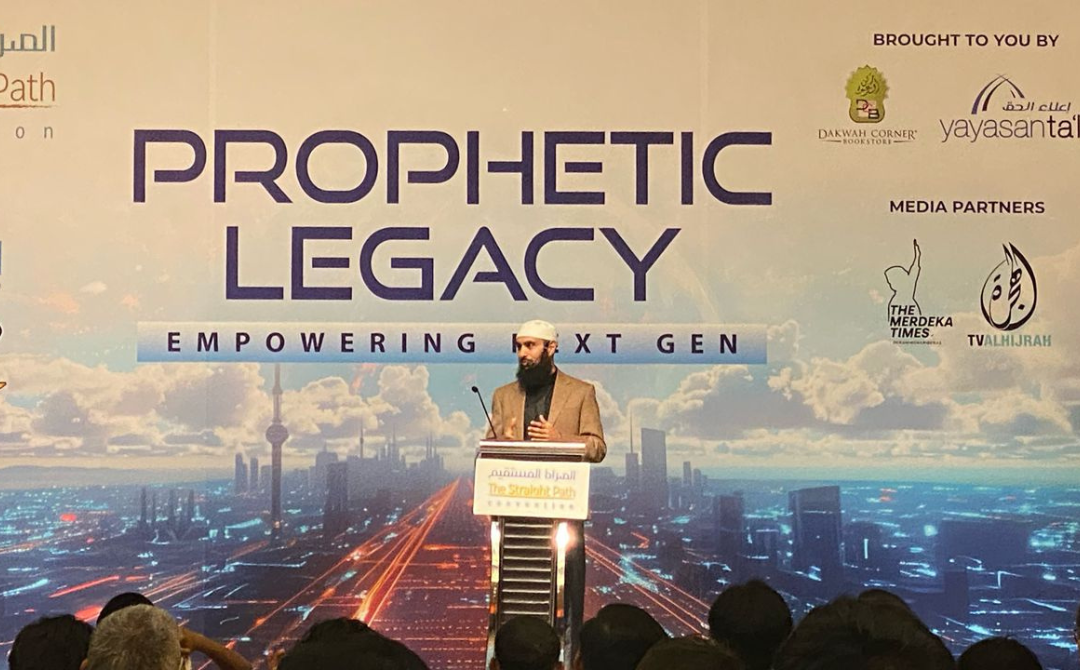Growing struggles of today's youths call for divine guidance amid ideological conflicts
The struggle to reconcile cultural, religious and modern influences has led to an identity crisis among Muslim youths.

KUALA LUMPUR - The challenges facing today's society include the growing influence of ideologies and systems that conflict with divine guidance, as well as the rise of intellectual colonialism and secular movements.
National Waqf Fund, United Kingdom Syariah adviser Sheikh Dr Sajid Umar said these issues, compounded by identity crises, mental health struggles and the distractions of social media, created significant obstacles for individuals, particularly youths.
"Social media, the internet and television often export ideologies that can influence your mindset, leading you to adopt systems that may contradict the teachings of Allah.
"This form of ideological influence can act as a type of mental colonialism, steering individuals away from their faith and values," he said during The Straight Path (TSP) 2024 convention which took place at Menara Kembar Rakyat, here.
Sajid said challenges faced by youths stemmed from ideological, political, social and economic forces that contradicted Islamic teachings.
He explained that these systems, often at odds with divine guidance, shaped education and societal norms, exposing young Muslims to ideologies that undermine Islamic values.
He warned that this dominance created an environment where maintaining faith becomes increasingly difficult.
He also raised concerns about intellectual colonialism, where individuals uncritically adopt foreign ideologies, ignoring their flaws, as noted by Ibn Khaldun.
He added that the struggle to reconcile cultural, religious and modern influences has led to an identity crisis among Muslim youths.
"We have children becoming more educated while parents haven't kept up, creating a friction and clash, which is just one manifestation of a larger issue.
"Social media is a double-edged sword, on one hand, it provides opportunities to learn, but on the other, it wastes our time and short-circuits our dopamine mechanisms, leading to a loss of focus," he said.
Mental health issues were becoming a major concern for young Muslims, especially in the West.
Sajid said there was a growing "mental health crisis" that left youth more vulnerable to external pressures, such as moral decline and ideological confusion.
He pointed out that distractions like extreme ideologies, secularism and movements promoting indulgence were pulling young people away from the Sunnah and creating divisions within the Muslim Ummah.
Sajid, who is also a mufti and judge said while challenges have always existed, the question was, "Why are today's youths more susceptible?"
He stressed the importance of self-awareness and self-protection, urging individuals to examine why their hearts and minds were drawn to these challenges.
To combat these challenges, he called for a paradigm shift in parenting.
He said rather than raising children, parents should focus on raising leaders.
This approach will influence how they engage with their children, prioritise discussions and guide them to navigate modern challenges with resilience and a strong connection to Islamic principles.
"For me, raising a child is about raising a leader and that completely shifts your approach.
"It changes what you say, the discussions you have and what you consider important. It's a whole new ballgame," he added.
Download Sinar Daily application.Click Here!















